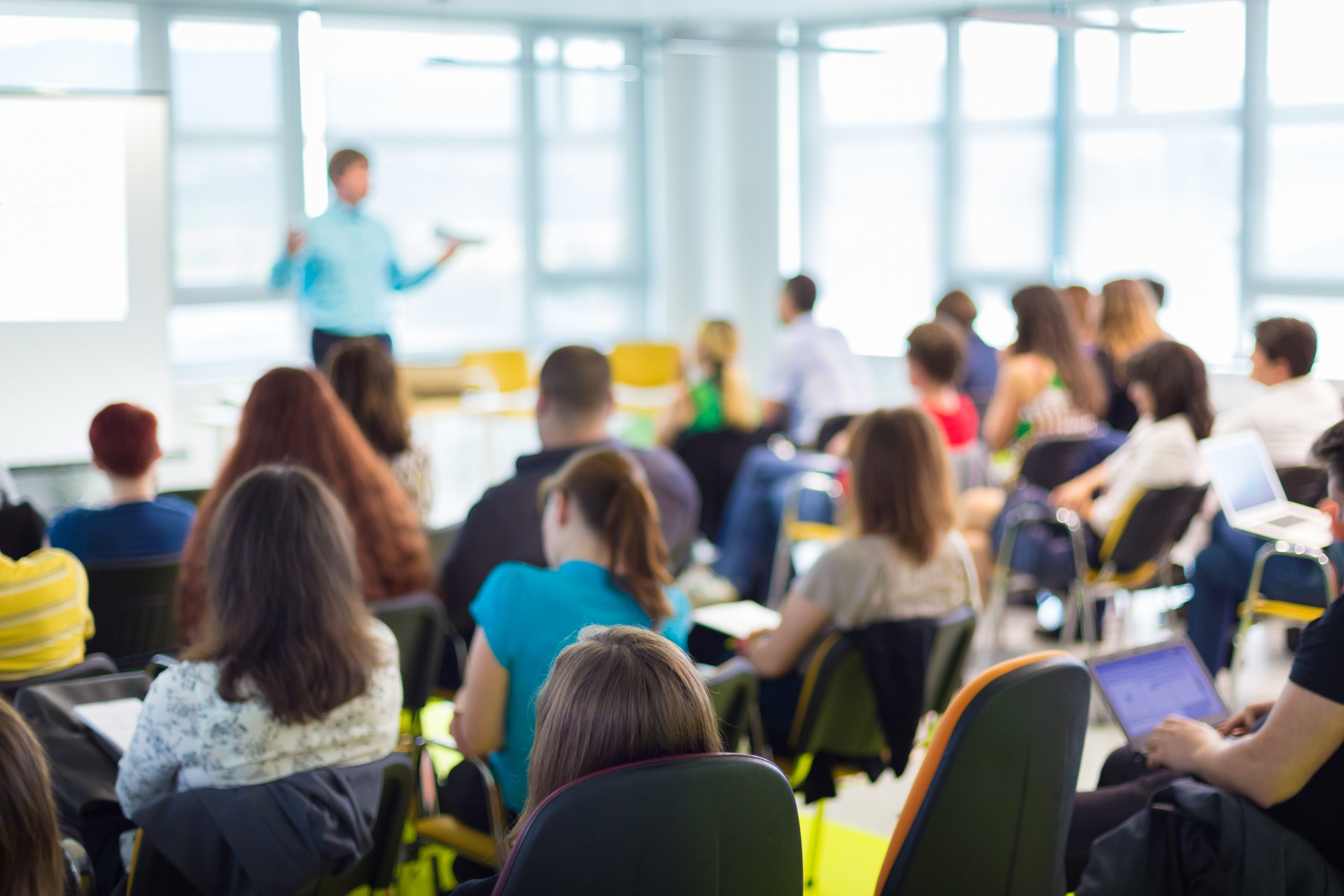At the beginning of the pandemic, Honduras launched its “We want you studying at home” campaign where teachers and students made an effort to continue with educational activities from home during heavy lockdown measures. Now at the end of the school year, the Ministry of Education proposed for November 2020 to February 2021 to be the months to carry out educational reinforcement. This plan puts in place the methodology of “Retorno de la alegria” (“Return to the joy”) that is expected to be a useful tool where students can interact and express the difficulties they have had during this year
The school year in Honduras runs from February to November. January is the time for TPD, administrative activities, planning, preparing materials, and all the enrollment processes for the school year ahead. This 2020, schools were closed because of COVID-19, which has imposed a new and unprecedented scenario to the educational system that will heavily impact the activities for the year 2021.
Aside from the impact of COVID-19, the school system will also have to address the consequences of the damage caused by the hurricane ETA and IOTA which left more than 2 million people affected and worsened the sanitary situation due to the agglomeration of people in shelters.
After the hurricanes, 10 out of 18 departments of the country suspended all educational activities in places heavily hit by floods and landslides. The Ministry of Education has prioritized providing psycho-emotional care, risk management and training in biosecurity protocols, processes that require the help of teachers and authorities in the most affected districts.
According to the Secretary of Education, 82% of students have had some kind of communication with their teachers this year. For students who did not have the minimum learning levels to be promoted, they will have reinforcement activities conducted by teachers and volunteers through two projects: ”Toma mi Mano” and ”Campamentos Lúdicos” (“Take my Hand” and “Playful Camps”). The Ministry of Education has announced that face-to-face classes will not be given, until the student population is immunized with a vaccine against COVID-19. Meanwhile, remote lessons will continue.
During the 2021 school year, teachers will play a critical role not only in facing the urgent challenge of making up for the learning losses, but also in providing social and emotional support for students. Of course, this will be a gradual process, and it is reasonable to assume that the school year to come will be of transition and recovery, especially for those students who have lost communication with their teachers and are heavily at risk of being left behind due to lack of devices or connectivity, For teachers, next January will be a time to reflect, organize and be prepared to address the multiple challenges they will face in 2021. They will certainly need to display a different, and even more complex set of skills, particularly those related to the ability to prioritize contents and learning objectives; adapt traditional didactics and techniques; manage a classroom with differing levels of learning and emerging socio-emotional needs; work in more collaborative ways; and be responsive to the uncertainties that could emerge in a year of transition and recovery.
by Ms. Rosa María Moncada and Mr. Dante Castillo


